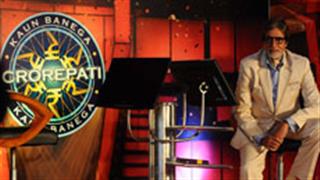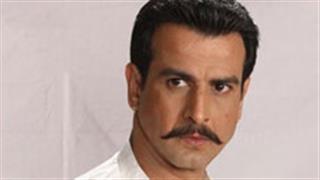That seemed like a basically faulty and unreliable contention, as most of those championing the cause of Batra's film had not seen The Good Road. Having seen Correa's illuminating study of hope in the wide-open spaces of a Gujarat highway where life is not quite the joyride that we living the relative comfort of our secluded homes imagine it to be, I can say one thing with certainty.This is it!
The other entries for this year Oscar for Best Foreign Film would find it hard to equal the positivity and optimism of Correa's parable of hope. The Good Road shot on pranoramic stretches of highways in the interiors of Kutch district in Gujarat is the kind of cinema that takes audiences into confidence about its transparently unadorned intentions . There is not an iota of artifice, pretence or cinematic affectation in the storytelling, although admittedly some of the visuals in this unforgettable film are astutely cinematic. In one sequence Sonali Kulkarni playing the mother of a lost 7-year old son is seen lying unconscious in the white sands a few yards away from her car in the simmering desert. Gyan Correa has infused such moments with a tragic grandeur.

The characters on the endless highway have nothing to hope for.They yet persist on remaining positive. Their determined bid to survive the sheer nothingness of their being is substantially bolstered by the actors ,some of them not actors at all. Shamji Dhana Kesaria who plays the upright undefeated truck driver Pappu is an actual truck driver. The director spent months with truck drivers on the highways of Kutch(much in the way that Ritesh Batra spent time with the dabbawallahs of Mumbai before making The Lunchbox) trying to comprehend the mechanics of their desperate lives, and how they manage to stay afloat in the morass of their thankless jobs.
The film shows the truck driver Pappu (Shamji Dhana Kerasia) and his assistant Shaukat(Priyank Upaddhyay) picking up the lost child Aditya(Keval Katrodia) belonging to a well-to-do couple . The bonding that grows between the two men and their unwanted little guest and his dog , could have turned into an exercise of manipulatve maudlinism championing a dissolution of class differences that our cinema favours so flamboyantly.
Nowhere does Correa's narration play on the rich-poor dynamics to induce sympathy. The relationship between the boy and his unlikely benefactors is built from sharp observations of economic inequality. The curves that grow in the characters' interaction come entirely from the director's mastery over narration. The characters are allowed to grow in their anxious habitat. The cinematic medium has rarely seemed so intrusive or voyeuristic while encompassing lives that are intrinsically prone to melodramatic interpretations.
The Good Road is a sum-total of infinite experiences from rural 'real' India. If the actors seem to belong to Kutch it is because they do. I will forever carry the haunted haunting face of little 11-year old Poonam who strays into a roadside child-prostitution area. Much too young to be initiated into the flesh trade she is implored by the resident pimp to leave before sunset.
The whole disturbing segment of child prostitution was witnessed first-hand by Gyan Correa in Jharkhand. Apparently what Correa saw of child prostitution in Jharkhand was far more brutal.

It's a disturbing world out there where children are prone to predatory attention and where hope is every moment dashed to the ground under the screeching protesting tyres of overloaded trucks. In the Correan scheme of life hope welds itself obstinately into the canvas of despair.
I came away from The Good Road extremely enriched.
If there is an Oscar-life in India it is here here here




















